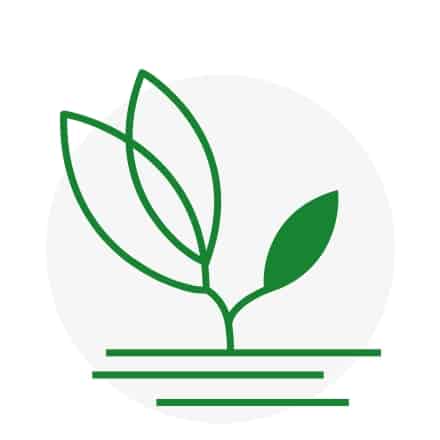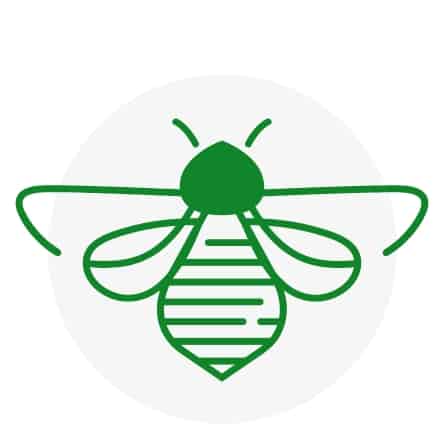Rainier’s History with Growing Organic
The Rainshadows of the Cascades
We love our little corner of the world. Being protected by the Cascade Mountain range creates some of the most unique microclimates on the planet. Because of this, we can fine-tune our farming practices down to a science. We utilize our desert climate up and down the central spine of the state as it stretches from the Oregon to the Canadian border. Rainier ranches dot Washington, each ranch growing a variety of apple, pear, cherry, or blueberry in their ideal climate. Varieties of apples like Envy and Pink Lady that thrive in colder climates are grown in the northern part of the state, while our blueberries and cherries and apples like Honeycrisp grow in our southern ranches. Nature provides these unique growing regions, we are simply using them in a way that works best: the way nature intended.
frequently asked questions
Should I wash my fruit before I eat it?
We recommend that you wash produce by holding it under running water for 15 seconds right before eating. Avoid using soaps and detergents as they can absorb into the porous skin and alter the taste of the fruit.
Where can I find your organic fruit?
You can find our organic fruit across many retail chains across the US and Canada. Keep in mind that cherries and blueberries are only available during the summer months when they are in season.
Does Rainier grow Genetically Modified Fruit?
No. We do not grow or sell any genetically modified fruit of any kind.



